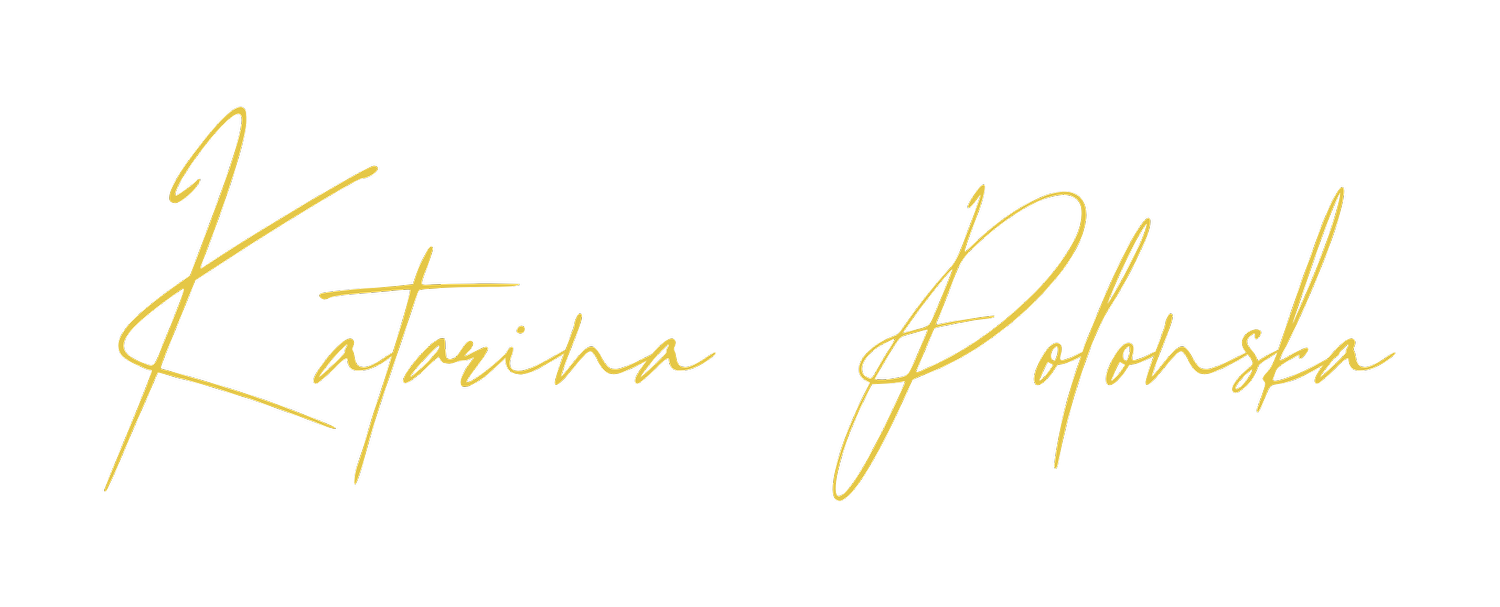Do I need a coach? Why we all need help when it comes to love
One of the biggest fallacies I come across in the world of self development and relationships is this idea that we can figure it all out ourselves. I can understand it. As high-achievers, we like to think that we generally know a lot of things, and we’re smart, so if we put our heads down, we can figure it all out. We can dig deep, learn, read books, follow instagram accounts, digest and put it all together. Cheap and cheerful, no coach needed.
The truth is, whilst we all have the innate knowledge that we need deep down in ourselves, we might not be able to access it ourselves.
I have a client who is extremely perceptive and self-aware. She’s been knee deep in the world of self development for years. Invested tonnes of money, attended all the retreats, and done everything from shamanic work to psychotherapy. Yet in our sessions, she will point out clear grey areas in her mind. Areas that she can’t seem to get through, areas that are closed off and unavailable for access.
These are ‘blind spots’. And, luckily for her, she is aware of them. Most of us aren’t.
Our blind spots live within us as blockers, parts of our psyche that we cannot see with our conscious eye. They’re typically buried deep within us, shrouded by shame, guilt, fear, anger, trauma, and even sheer naivety. We rarely know that they're there. And when we do, we struggle to get near enough to shine a light on them.
Our subconscious mind naturally is resistant to change. It likes stability, familiarity, safety, security. This includes the unhelpful patterns within us. Something that we know isn't actually helpful for us, can still feel safe and familiar and therefore preferable to the new and uncertain. So, on a deeper level, our subconscious mind doesn’t want to reveal our blind spots because in revealing them, they are threatened and might be disrupted. And that would lead to change. Change is uncertain and scary, so our mind hides the blind spots. And so on.
This is when we’re doing the work ourselves.
Take for example, Daniel. Daniel desperately wants to find a partner. He’s 39, talented, smart, and successful. He owns his own home, has a solid investment portfolio, great social network, healthy family relations, and is attractive. He has no problem finding dates but he struggles to find women that he finds intellectually to be on his level, or women that catch his interest. He cannot, for the life of him, figure out where he’s going wrong and what he’s not understanding. He reads self help books, talks to his friends, and listens to podcasts, but still, he cannot figure out where he’s going wrong.
This is where he’s got his blind spots. He can’t see what he can’t see, and he can’t know what he doesn’t yet know.
When he tries to go inward to figure it out for himself, he can apply all the tools in the world, but if he doesn’t know what he’s looking for, he can't. His brain literally resists him going inward and doing the inner work because it doesn’t want to dislodge the very comfortable unhelpful patterns it knows so well.
This is all normal and makes complete sense. Again, the human brain wants safety and self preservation. Not change and disruption.
So, back to the question. Do I need a coach?
The odds are, yes. We all need a coach. If you are trying to shift something quite ingrained in your life, like your dating patterns, or your relational patterns, and you’re above teenage years…you will likely need external help.
Moreover, humans are notoriously bad at keeping ourselves accountable. Again, the brain does not like change. It doesn’t know that going to the gym, or trying to date in a different way is necessarily good for us - all it knows is that it doesn’t like change and panics when change hits. So, to this end, we’re bad at keeping ourselves accountable to new behaviours that we need to change.
This is where a coach becomes crucial.
A coach will help you uncover your blind spots since a well trained coach will know exactly where to shine that light. They'll also be able to create such safety within you so that the blind spots allow themselves to be revealed, as well as know the common blind spot patterns to look out for. They will also be able to hold you accountable. It is their job to make sure that you do what you need to do to drive the behavioural change that you seek, even when your mind is resisting it.
A coach simplifies the process for you. They hold your hand, show you the path, and keep you on it.
That, when it comes to the big behavioural shifts we’re looking for, is worth everything. Because why wouldn’t you want someone to help you if they can?

